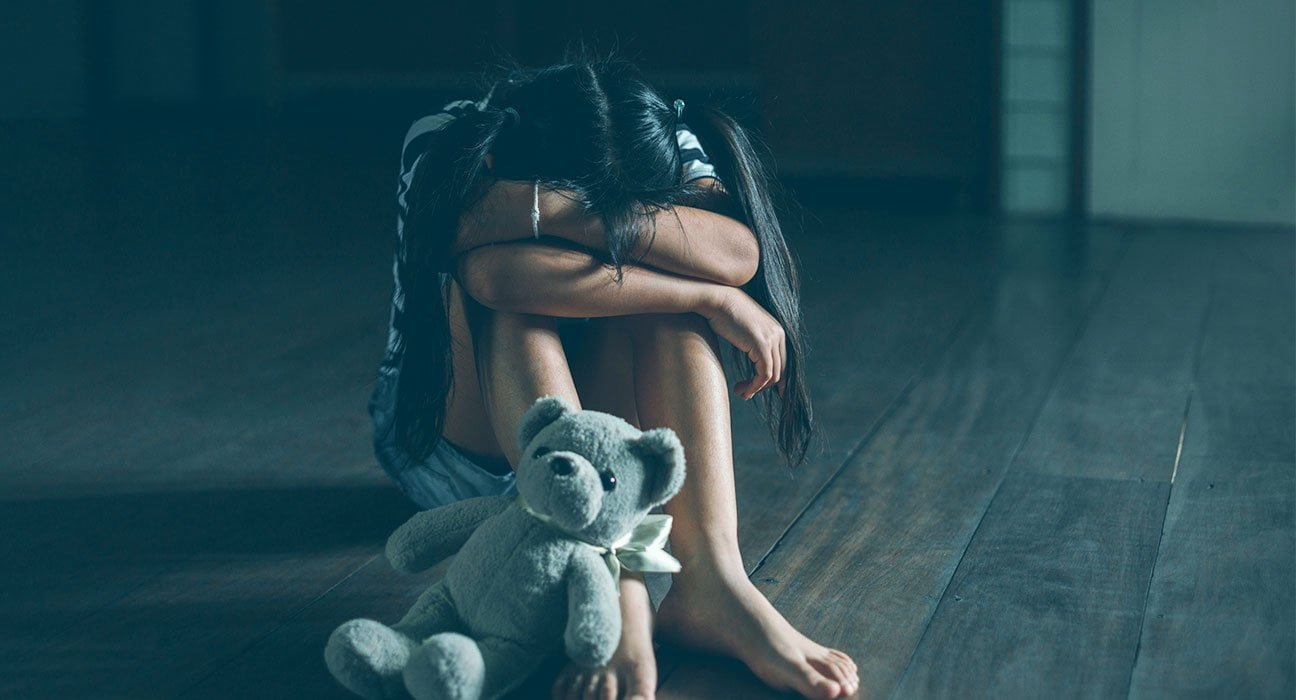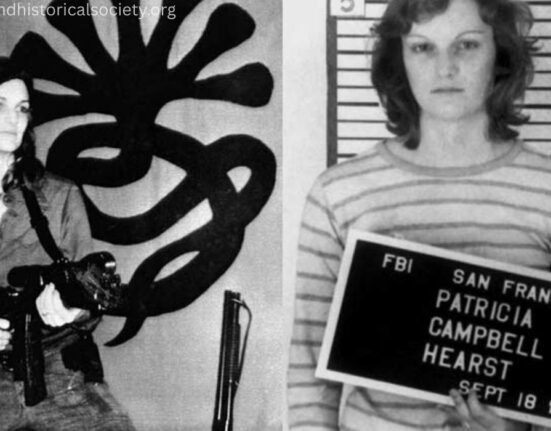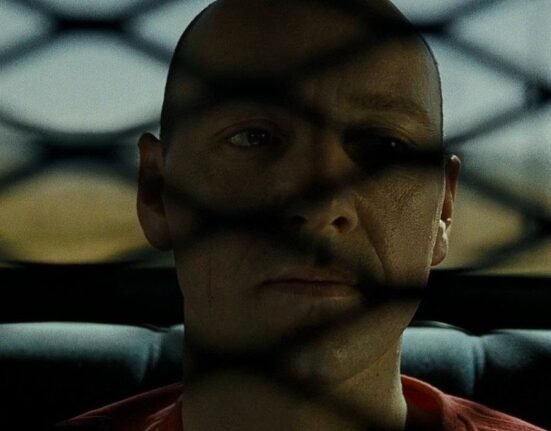Any form of abuse either physical, mental, or emotional is a serious and tragic issue in society. Child sexual abuse out of all forms of abuse is the worst thing we ever imagine happening to a human being. It affects a person so deeply that exists beyond the physical aspects but deeply damages one’s emotional and mental well-being. The lifelong trauma given to an innocent child that distorts their life is undeniable. Understanding the impact of child sexual abuse on mental health is important to plan and guide treatment and support to the survivors of the abuse.
The Lifelong Trauma
Childhood is the period of innocence and emotional development for a child when their personality development takes place. It is the time of their life to understand the world, learn new things, and enjoy the world thing that is meant for children. However, a serious offense such as sexual abuse makes this innocent path of life and memory and shatters the foundation of safety, and trust for a child.
The lifelong trauma from the experience, the fear of the incident, and the loss of trust disrupt the normal development of children and they grow up bearing this harsh and painful memory. Survivors of child sexual abuse often have to deal with various mental health problems such as anxiety, phobia, depression, OCD, Post Traumatic Stress Disorder, etc. Apart from these disorders, they are at risk of taking drastic steps such as having suicidal tendencies due to feeling guilt, fear, and shame caused by the abuse.
Impact on mental ability
Child sexual abuse impacts the mental ability of a child. It has a significant impact on the cognition of the children which means it affects their mental activity such as thinking, memory, reasoning, decision-making, etc. It deeply affects the self-perception of a person and reduces their self-worth to a minimum. Survivors of child sexual abuse tend sot suffer an extremely low sense of self-esteem, and self-confidence due to the effects of abuse they have feelings of shame, regret, and worthlessness. Their ability to perceive the world and their surrounding is due to a lack of trust and safety.
Coping Mechanisms
Child sexual abuse causes a huge amount of damage to a child’s emotional and mental well-being. Sometimes the survivors of the abuse are so young and naive that they are not even aware of what happened to them. This enables them to understand their situation and the resulting feeling of fear causes extreme anxiety and emotional burden on a child. To deal with the overwhelming feeling children often use several coping mechanisms to tolerate the situation. In extreme cases, they may start to engage in self-destructive behaviors such as self-harming tendencies, drug abuse, alcohol, etc. Others may try to suppress their trauma by forcing themselves to forget about the traumatic incident. this may cause dissociation.
Healing and Recovery
Accepting the deep-rooted impact of sexual abuse on children and its effect on mental health is the first step in the direction of motivating the survivors of the abuse to opt for the path of healing.
Providing easy access to healthcare facilities and support for mental health professionals should be the priority. Mental health professionals such as psychologists and psychiatrists offer immediate help to the survivors in understanding and dealing with the trauma of the abuse.
1. Individual therapy
Individual therapy could help survivors of the abuse to deal with the pain caused by the incident. It could help them to understand and process the feeling of guilt and shame and help regain their sense self worth and confidence. Counselors help children to navigate the path of healing through self-acceptance that promotes positive growth.
2. Group therapy
Group therapy is another space for victims of sexual abuse also, group therapy could provide a safe community for the survivors to share their experiences and have understanding through validation from other members of the groups who have similar experiences of abuse. Connecting with people can provide relief from isolation and improve the process of healing. Engaging in shared activities such as art, music, and dance could help deal with the emotional burdens caused by the abuse.
Prevention and Societal Responsibility
As responsible citizens, we cannot solely rely on recovery and healing methods to deal with the problem of child sexual abuse. Child sexual abuse is a serious offense that should not be taken lightly. It involves children who are not able to raise their voices and are not aware enough at such young age to reach for help or spoke about their rights as adults. Educating children through intervention programs for their safety and awareness should be mandatory in every school. Society and the community should also be equipped with enough knowledge and tools to spot the signs of sexual abuse in children. As most of the cases go unreported due to a lack of knowledge of carelessness and neglect. Citizens should be aware of how to respond in the case of finding any accounts of abuse so that it can be reported to authorities as soon as possible.
Support helplines
Child Line-1098 (ChildLine is a nationwide and free-of-cost emergency helpline number for children who need care and protection for child abuse).
Child sexual abuse leaves a long-lasting impact on the innocent mind of a child who has to withstand a lifelong battle of pain, suffering, and turmoil. Learning how abuse can impact mental health and how to deal with it is q crucial approach to safeguarding the mental health of the survivors. Having sufficient knowledge and tools to be the first responder to act in any case of such incidents to the children is the responsibility of every adult citizen.
Along with this, careful screening prices, strict child protection laws, and policies against sexual abuse could help prevent the accused of potential crimes from happening.













Leave feedback about this